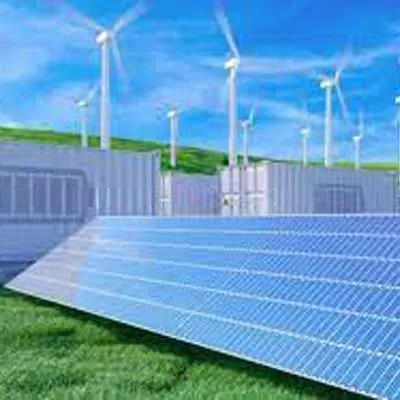

Days after the European Commission announced an investigation into Chinese solar firms allegedly benefiting from state subsidies to secure contracts in Europe, the regulatory body has shifted its focus towards Chinese suppliers of wind turbines. The probe, conducted under the new Foreign Subsidies Regulation, aims to scrutinize the alleged unfair trade practices and market distortion caused by Chinese wind turbine manufacturers.
The investigation, akin to the recent case involving two Chinese solar firms securing contracts in Romania, targets the practices of Chinese wind turbine suppliers across Bulgaria, France, Greece, Romania, and Spain. The European Union seeks to ascertain whether the influx of low-priced turbines from China is disrupting the integrity of the European market.
Under the Foreign Subsidies Regulation, the Commission possesses the authority to investigate and address the impact of foreign subsidies on competition. Once evidence of market distortion is established, the Commission can impose corrective measures. Should the inquiry demand further scrutiny, an in-depth investigation with an 18-month deadline may ensue.
China has denounced the probe as discriminatory, while Margarethe Vestager, the Commission's Executive Vice-President for Competition, expressed concerns over the potential threat posed by subsidized Chinese wind turbines to the EU's economic security. Vestager emphasized the necessity to avoid repeating past mistakes that led to the decline of the EU's solar manufacturing industry.
Giles Dickson, CEO of WindEurope, highlighted the significant price disparity between Chinese and European wind turbines, attributing it to allegedly unfair subsidies. European manufacturers, constrained by OECD rules, are unable to match the generous financing terms offered by their Chinese counterparts, including up to three years of deferred payment.
Chinese wind turbines are reportedly being offered in Europe at prices up to 50% lower than those of European-made turbines, with deferred payments effectively rendering them free until wind farm operators generate three years of revenue, according to WindEurope. The EU, aiming to bolster its wind energy capacity, has set ambitious targets for 2030 and beyond.
Last October, the EU unveiled a comprehensive action plan to enhance the competitiveness of Europe's wind energy industry, including measures to provide financial support and streamline permitting processes. The Foreign Subsidies Regulation stands ready to be invoked should subsidies enable wind turbine manufacturers to gain undue advantage in EU procurement procedures.